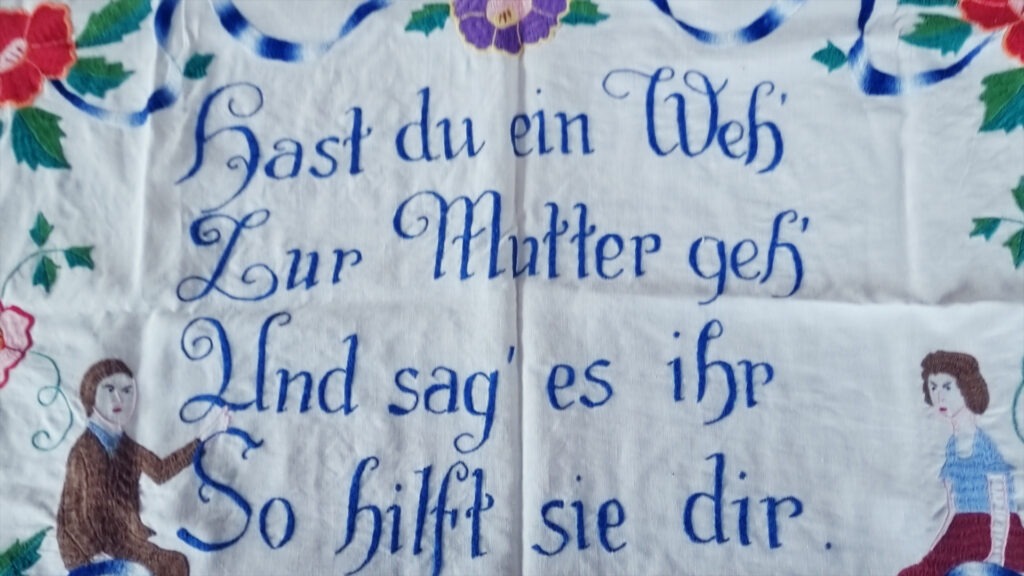
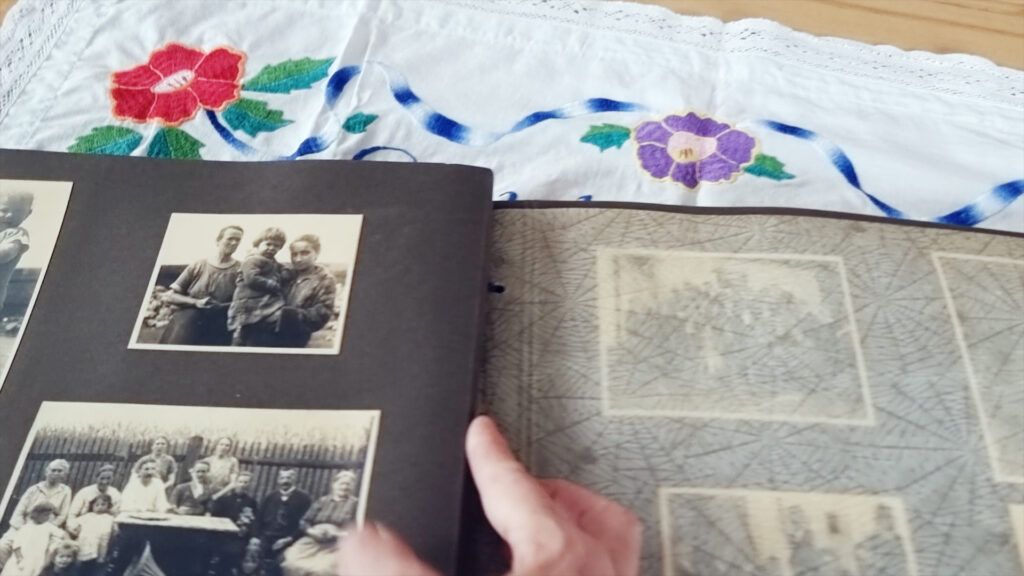
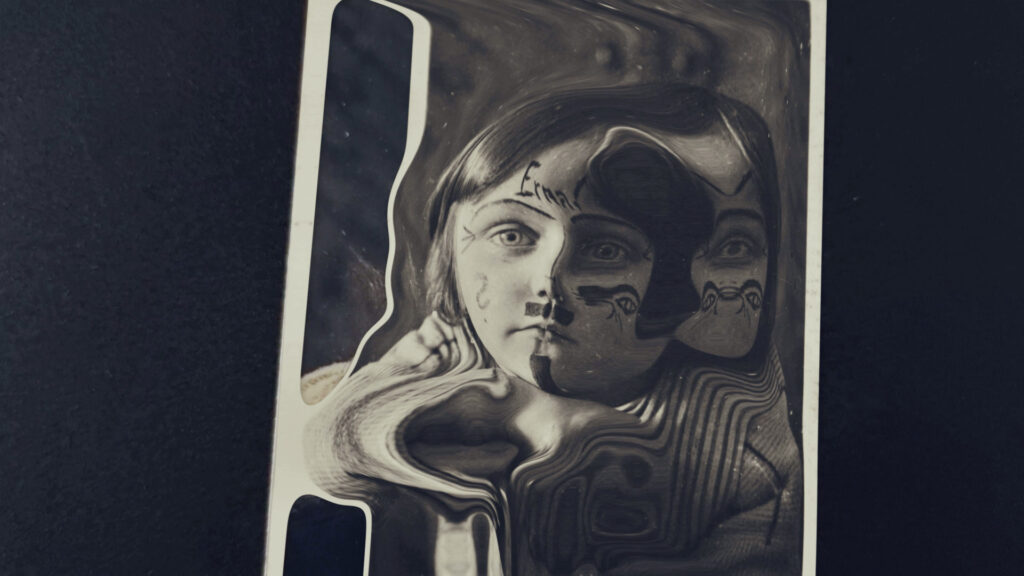
UT: German, English, French, Romanian
Language: German




UT: German, English, French, Romanian
Language: German
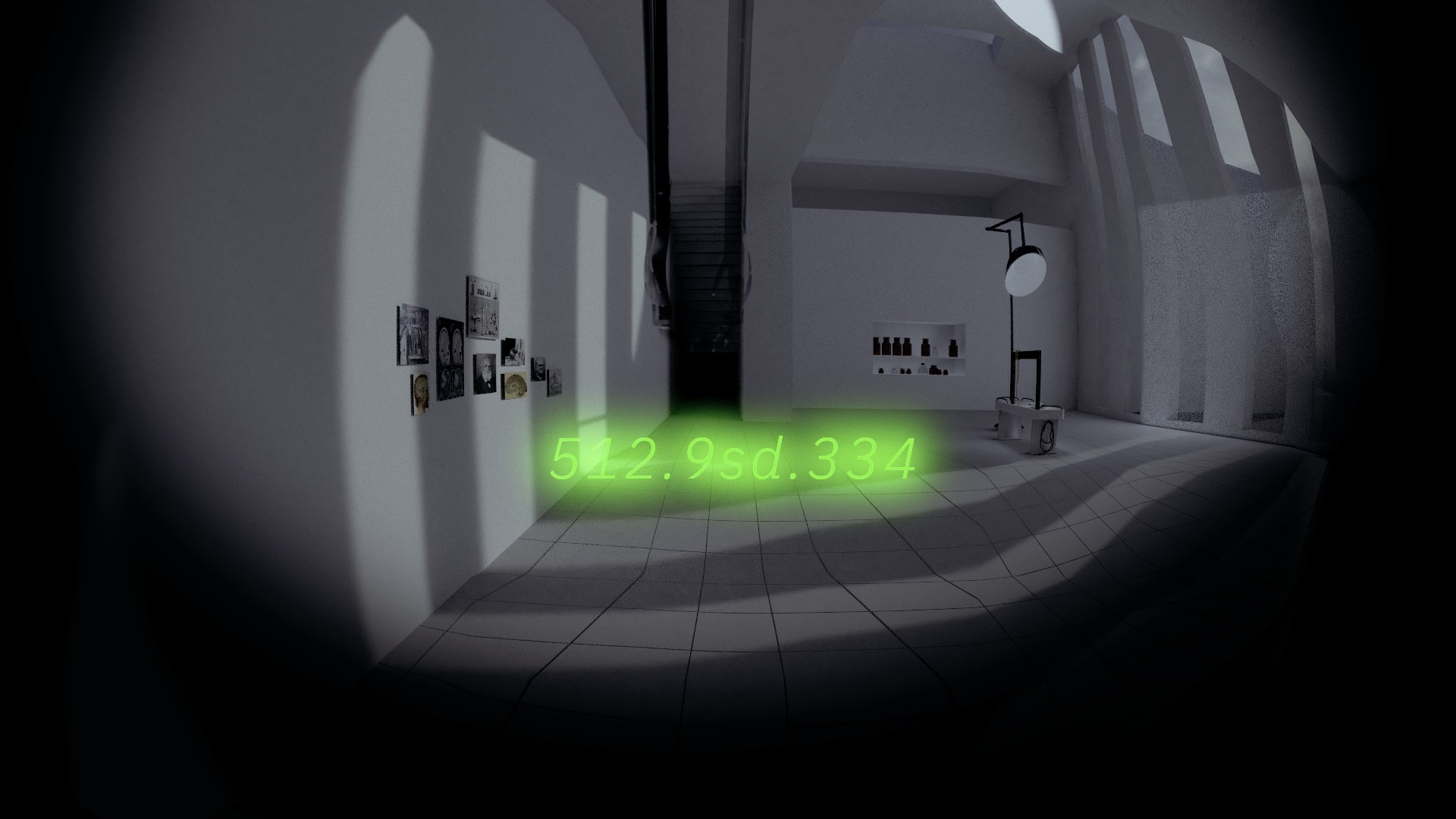
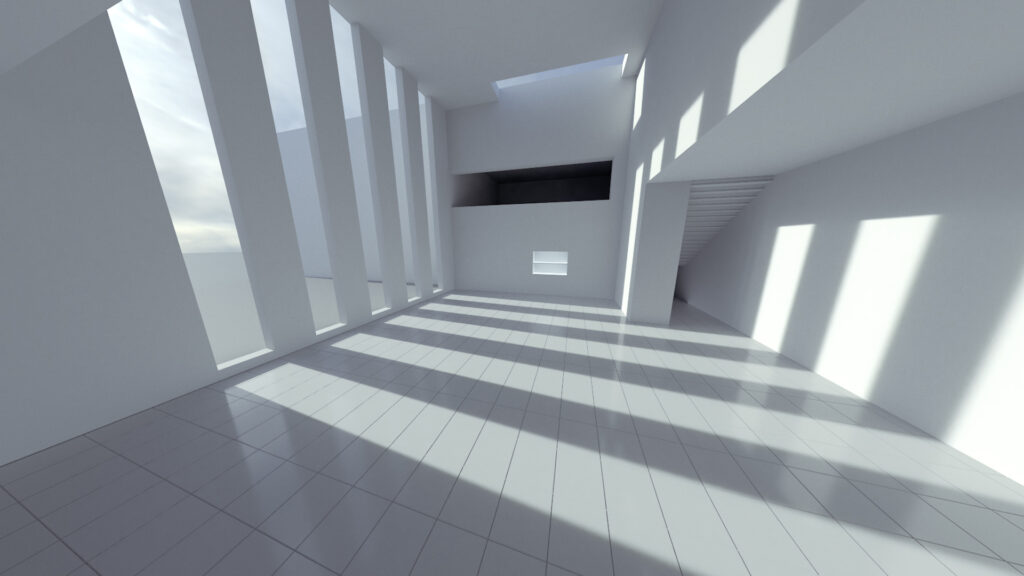

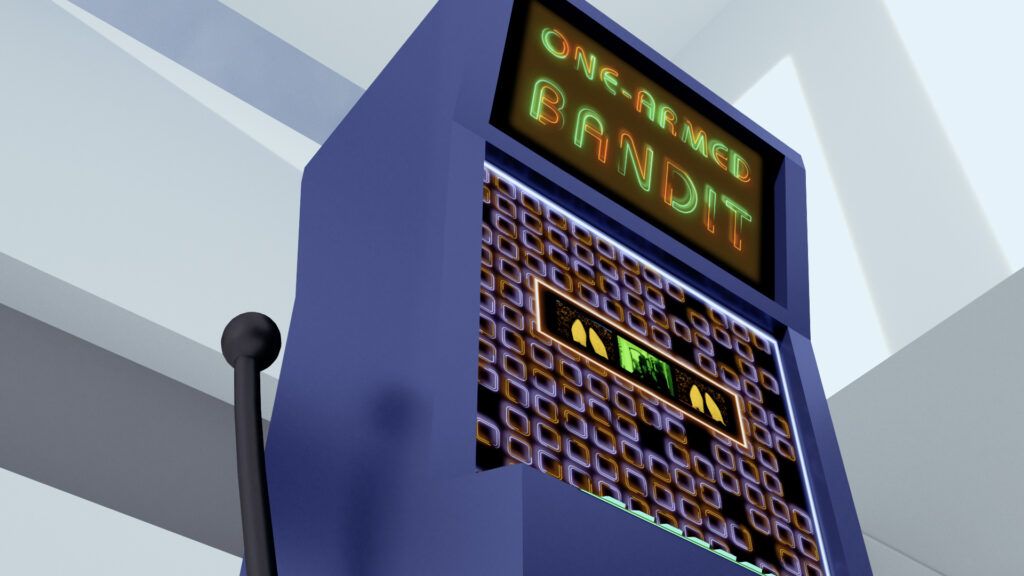
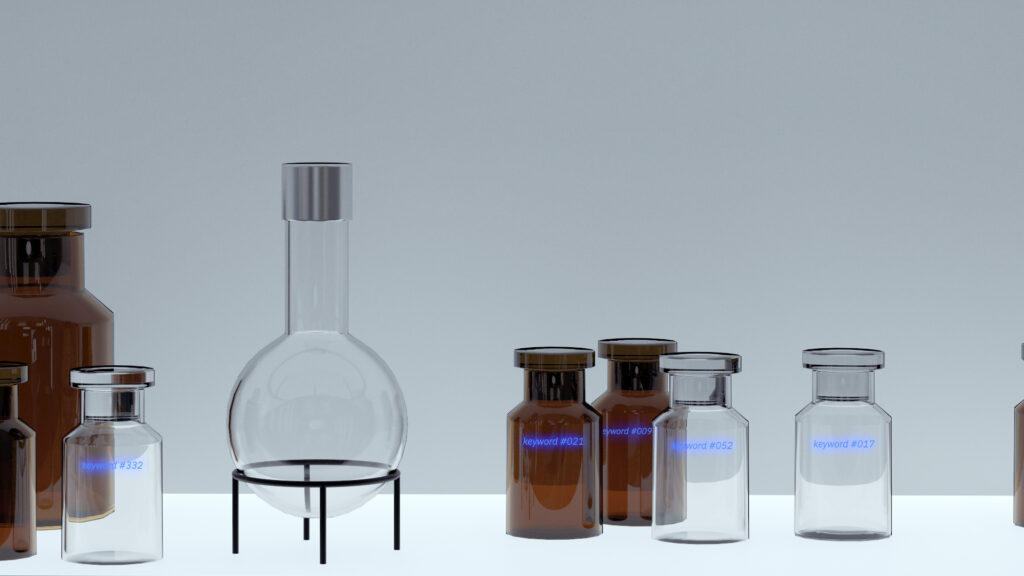

More than one third of the world‘s population is part of the social networking community. Therefore these platforms play an increasing role as economic environments in the online world; and the attention of the user becomes a precious, but scarce resource. But the business model of gratuitious access to these communities hides a significant danger: surveillance and behavior modification by private enterprise companies, who develop powerful tools for manipulation. This new technology is called Attention Engineering. It is composed of interface design, gamification and deep learning, and it utilises psychological aspects of human behavior.



The conditio humana refers to the conditions or circumstances of being human in general, usually in contrast to animals. What makes a person human? Is it language? Is it the imagination? What is the conditio humana in relation to artificial intelligence? In a monologue, I let a (fictitious) AI discuss this here.
The starting point for this work was a report on a new milestone in the development of artificial intelligence: In 2019, researchers succeeded for the first time in developing an AI that won a poker game against five real professional players. All in all, this requires special skills that catapult artificial intelligence to the next level of evolution.
Is an AI the better human in the end?
Dancer: Dominic Feistmantl
Premiere: Façade projection in Buenos Aires / Argentina on December 17 2022
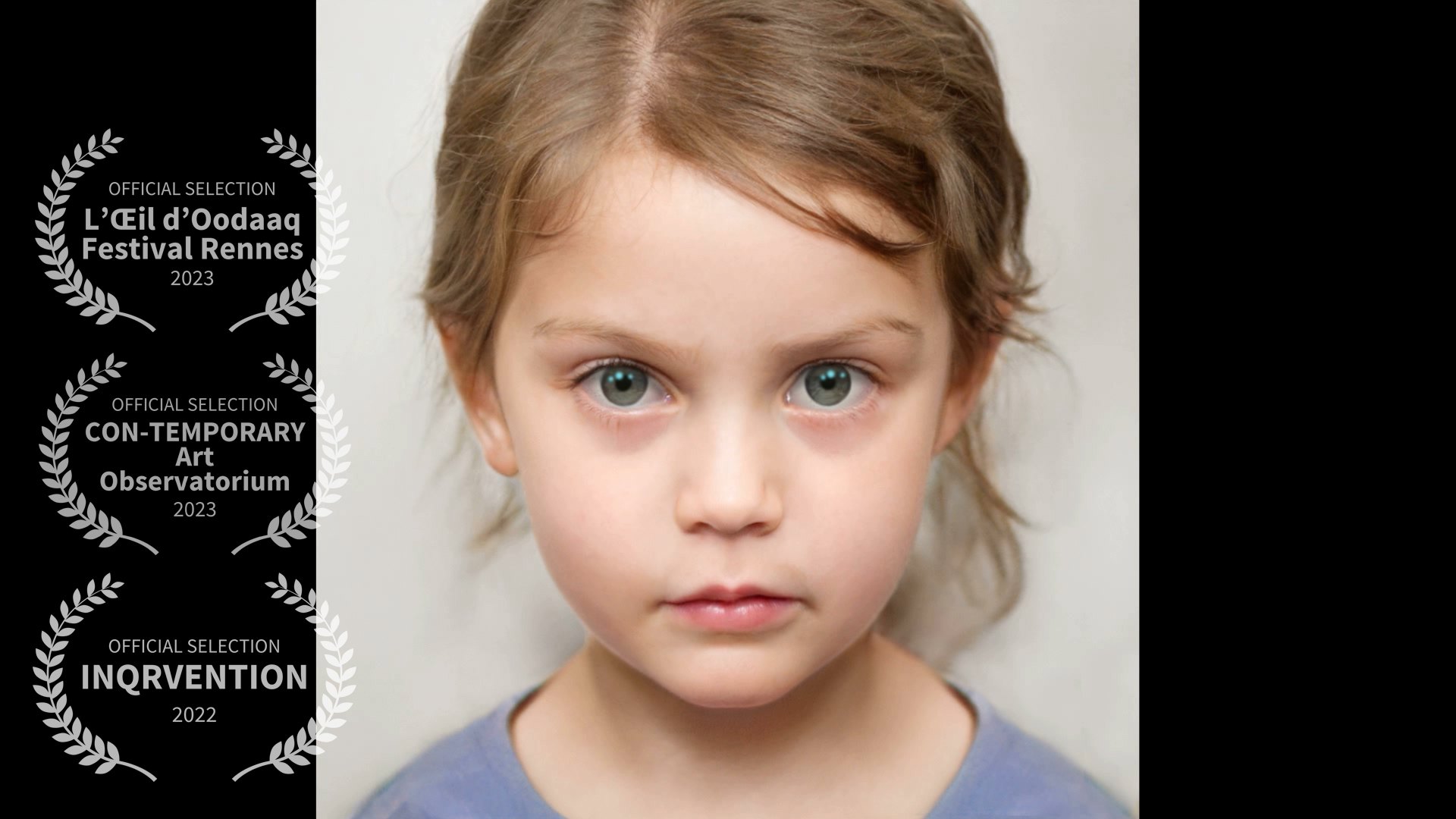
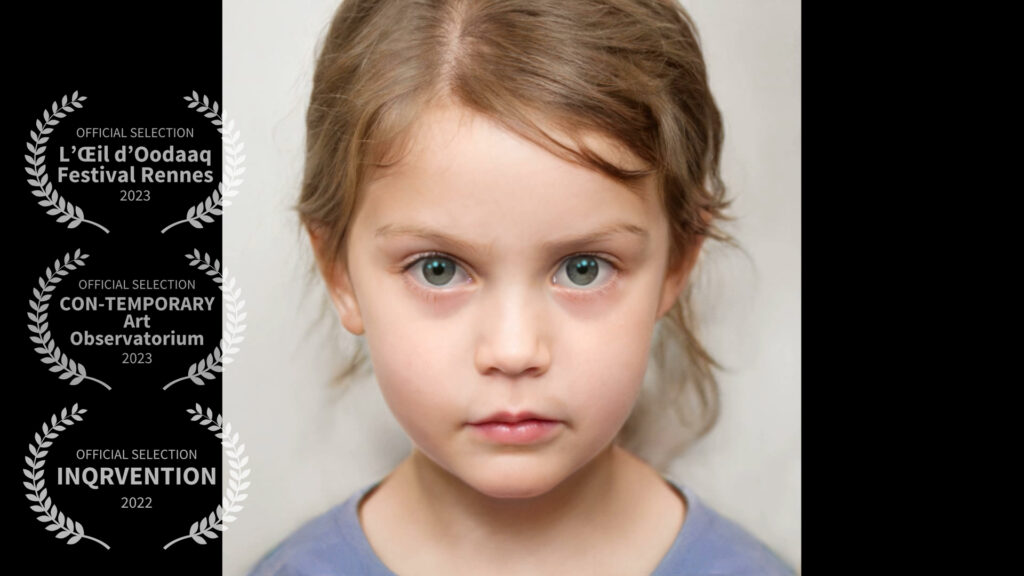
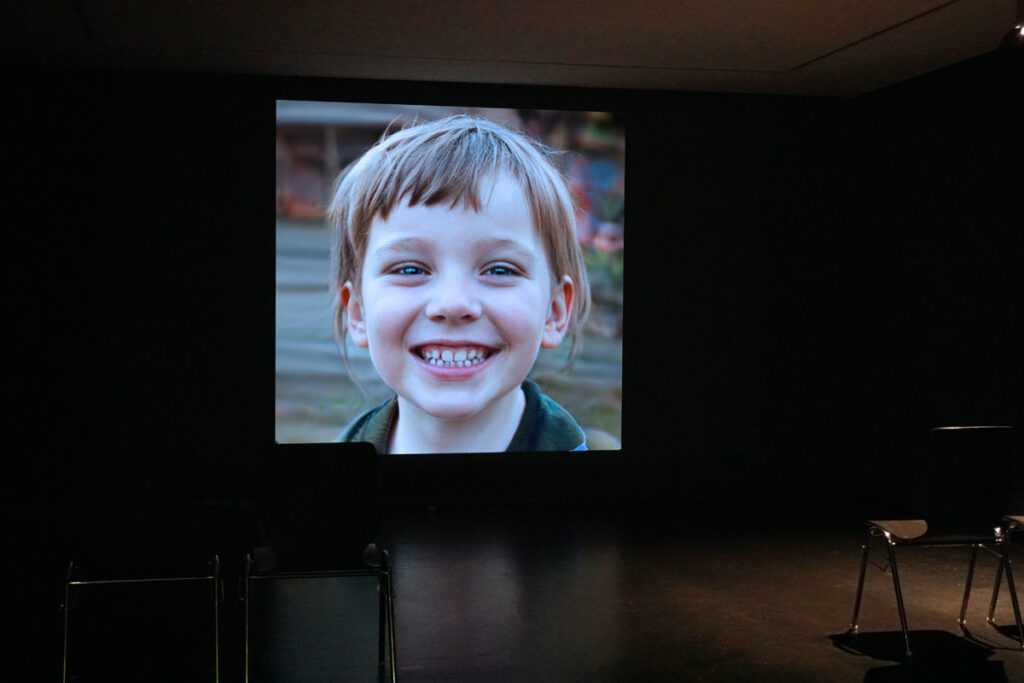



The term homunculus (Latin for “little man”) refers to an artificially created human being – and stands for mankind’s dream of being able to construct a being according to its own imagination and with the help of the latest technology. In literature, this idea has already been processed in many ways, for example in Mary Shelley’s Frankenstein.
Today, we are closer to this dream than ever before, but in the age of deep learning, it is neither alchemists nor scientists, but programmers who teach artificial intelligence to generate human-like faces independently and deceptively realistically. Ingenious, scary or dangerous?
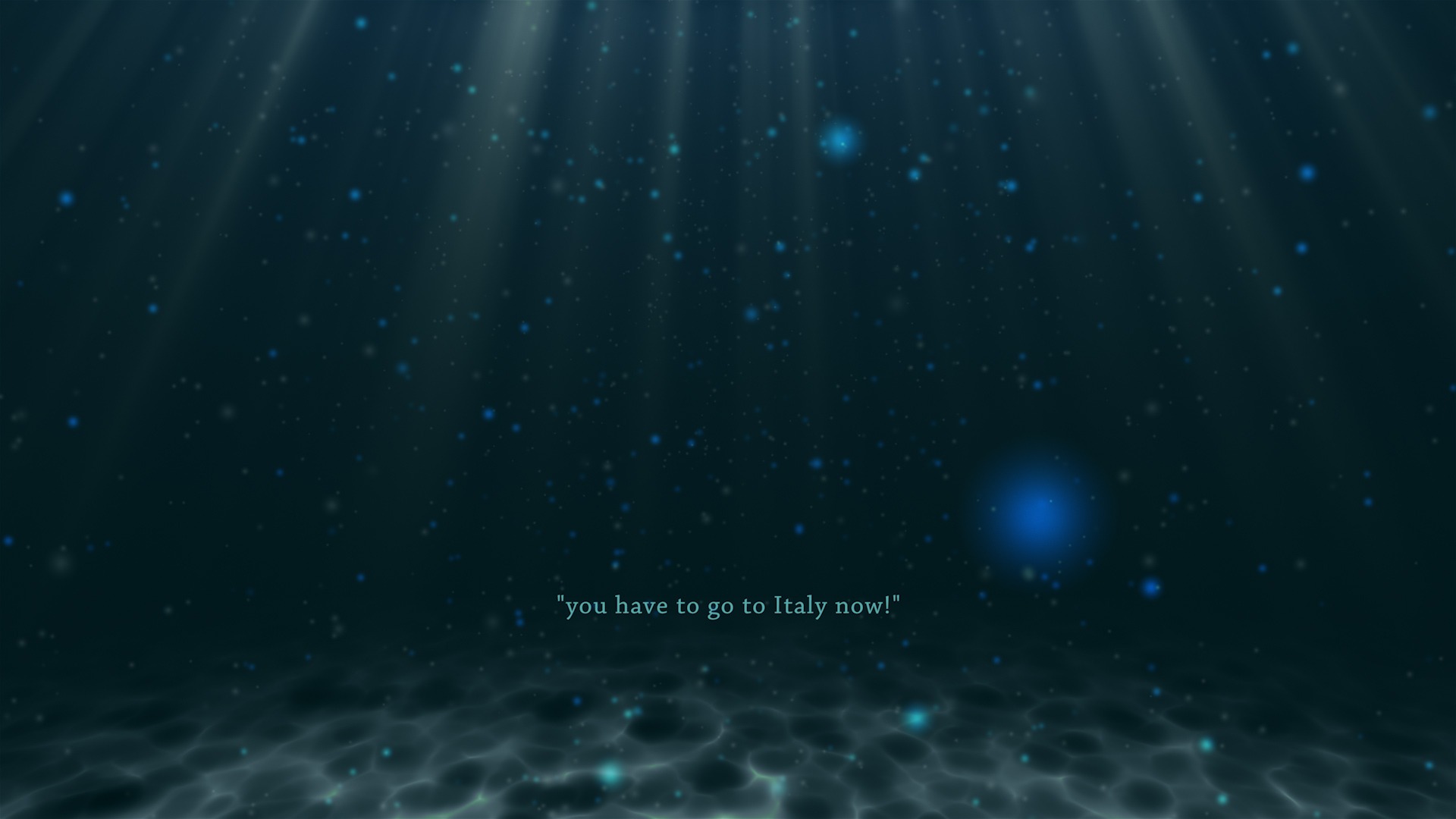
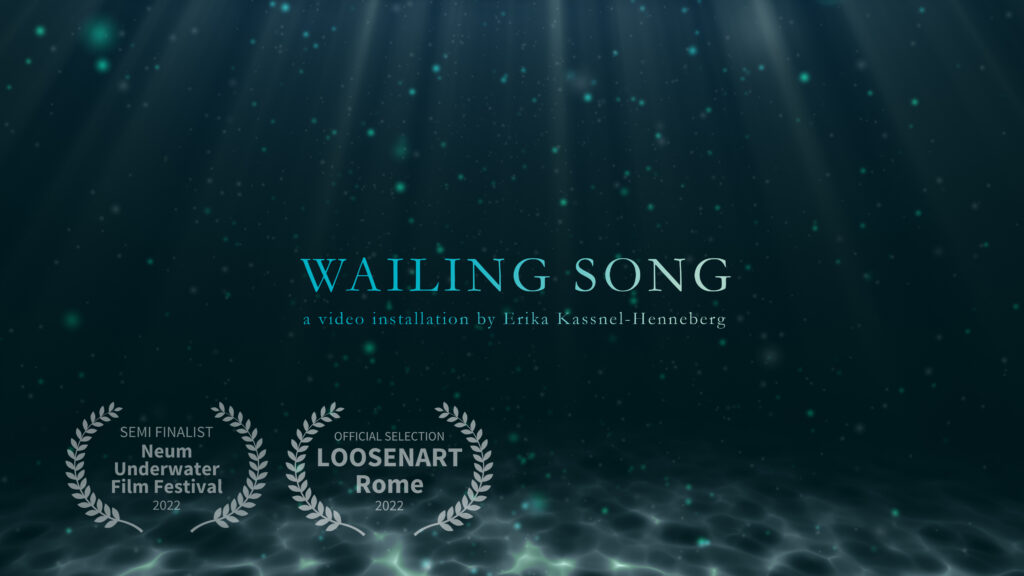
Countless small will-o’-the-wisps buzz in this artificial underwater world. They symbolise all the people who drowned between 2014 and 2022 on their flight to Europe. At the bottom of this sea, we listen to the stories of five young refugees from Afghanistan, Pakistan, Ethiopia and Gambia. They talk about their families, their flight from violence, their hopes and dreams.
The audio material was made available with the kind permission of the Junges Theater Augsburg.
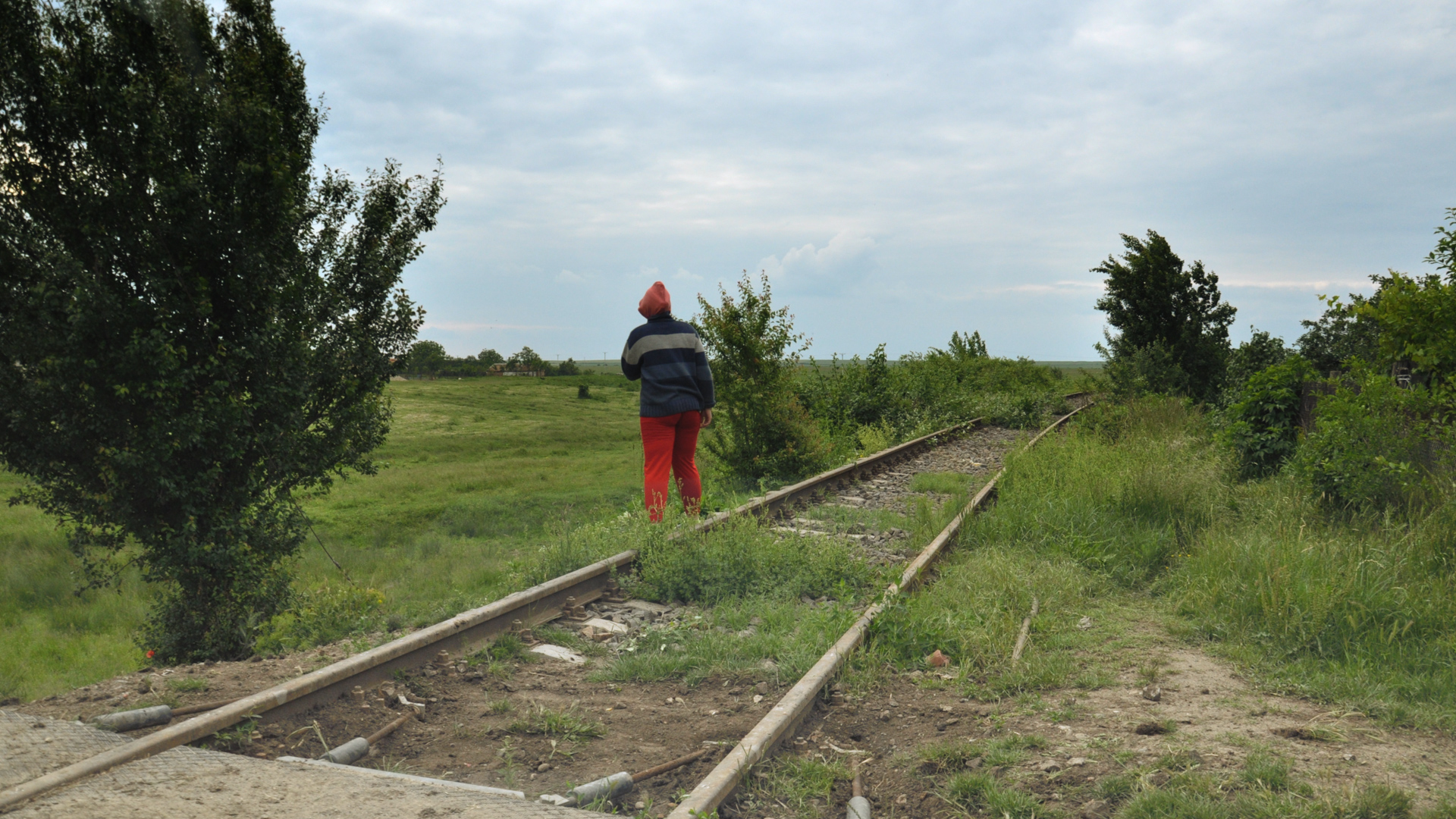
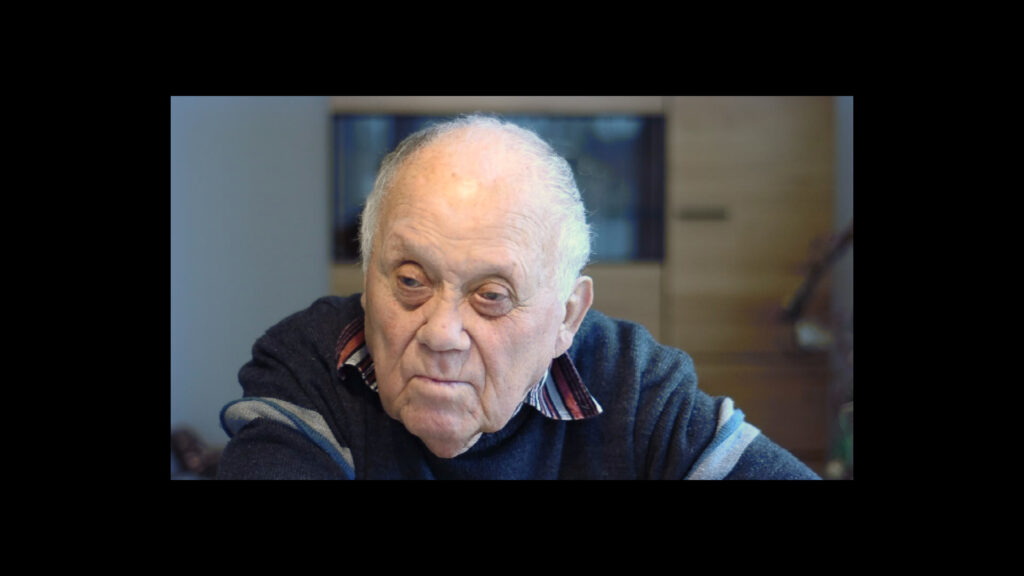
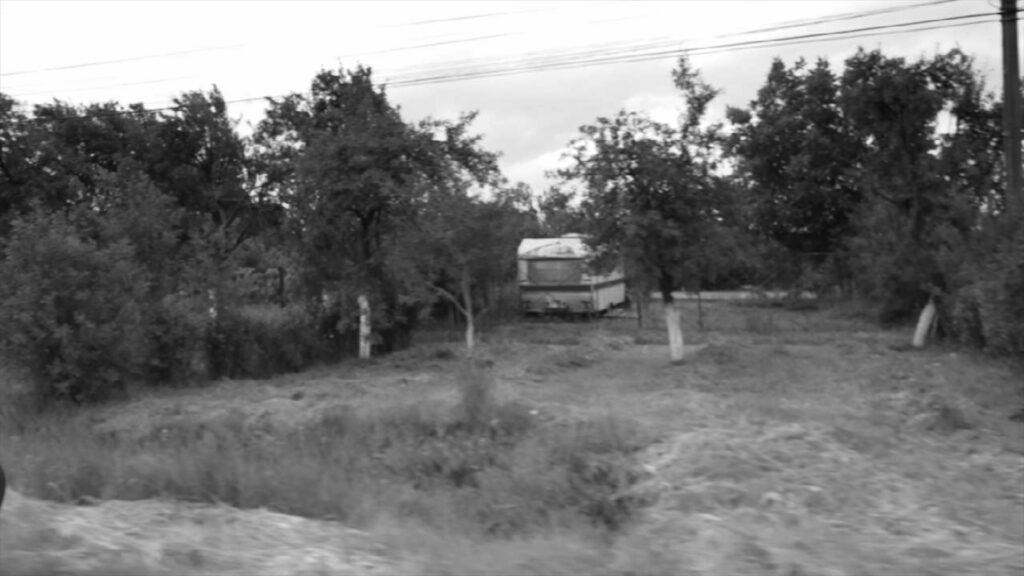
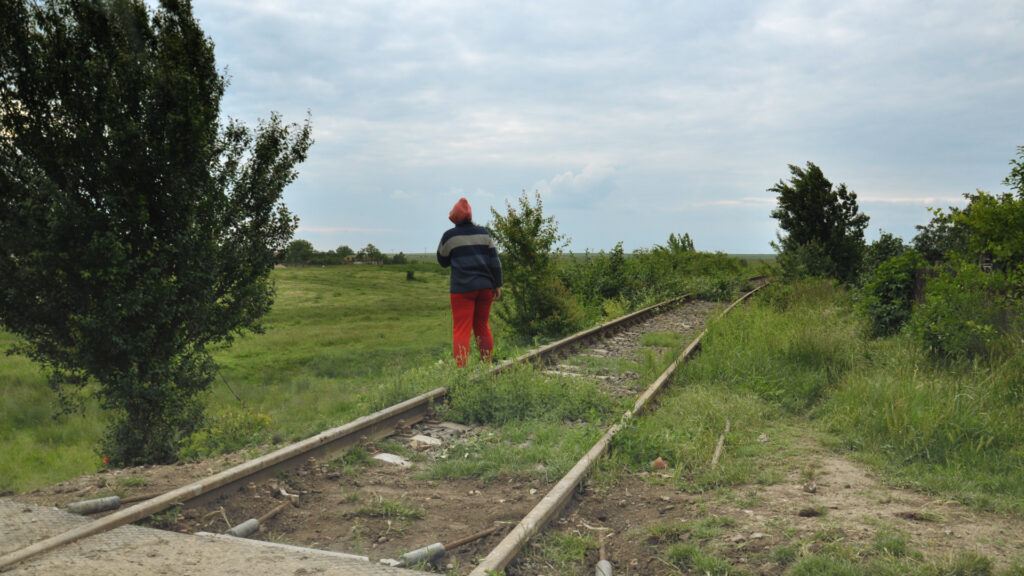
We are the narrative of our own memories and others’ memories of us. This work is about home as utopia, about childhood as a lost paradise, and about identity that is fed by stories.
Here we are, sitting at the dining table of my childhood, listening to my father’s memories. A very intimate moment that will last forever.